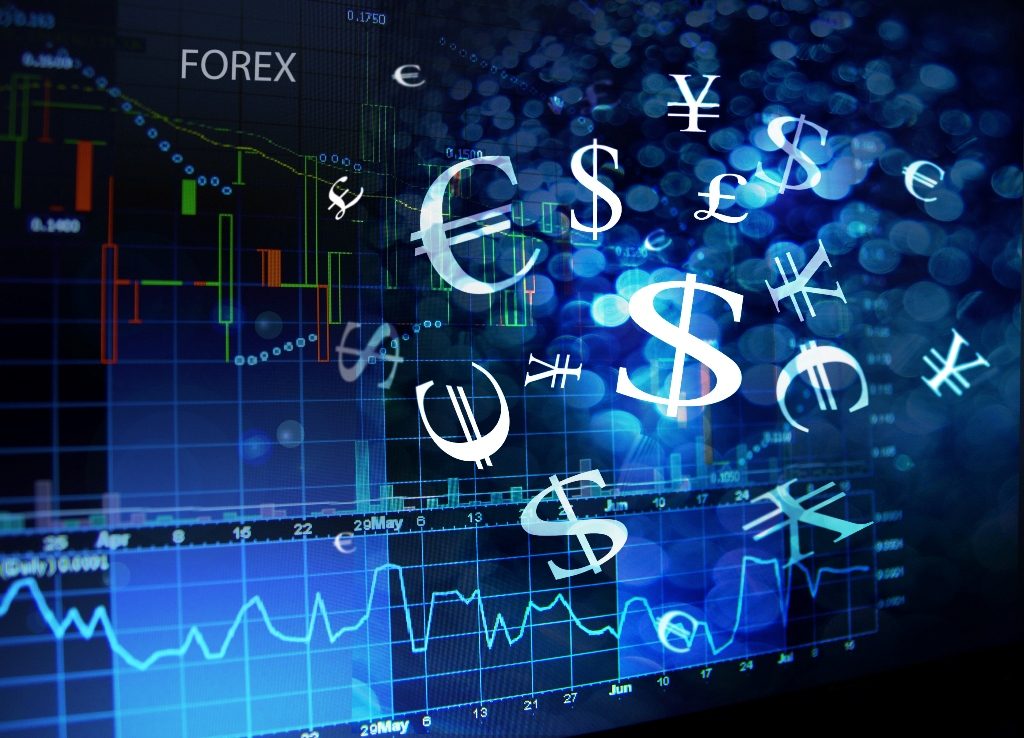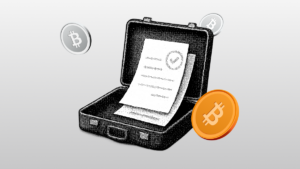
What is Forex?
Forex is short for “foreign exchange.” Forex traders make money by trading one national currency for another. Unlike the stock market, which opens and closes every day, foreign exchange markets operate 24/7 like cryptocurrency markets.
With the unprecedented rise of cryptocurrencies, many analysts have been scrambling to look for historical parallels that can shed insight into the new volatile markets that have sprung up around digital assets. In terms of technical market analysis, searching for parallels between forex and cryptocurrency is open for debate. Where we may be able to glean some insight is looking at the history of regulation in the forex industry and how it dramatically reshaped the way forex trading happened.
Prior to the advent of the Internet, foreign exchange trading was almost exclusively conducted by large financial firms that catered to an elite class of institutional investors. Simply put, it was not accessible to everyday people. With the introduction of personal computers, internet connectivity, and mainstream adoption of the internet beginning in the mid-1990s, forex trading entered a new era.
Small online brokerages sprung up all over the world, connected everyday people with foreign exchange markets. For the first time, anybody could dabble in forex trading from their home computer. Forex trading became hugely popular, widely viewed as a way to “get rich quick.” With the rise in popularity, forex scams quickly developed. As an unregulated global market, forex rapidly became notorious for scammers, money laundering, and other types of financial crime.
What Can Forex Teach Us About Cryptocurrency?
Functionally, there are many differences between forex markets and cryptocurrency markets, but the evolution of both spaces do present some similarities. In both cases, a market sprung up in response to new technology. In both cases, everyday people found a new kind of financial opportunity as a result of that technology. In both cases, a lack of regulation did have consequences in terms of scams, corruption, and money laundering. Today, as regulators across the globe are beginning to take a serious interest in cryptocurrencies, it is worth examining how regulations impacted the forex landscape.
Regulatory agencies began to take notice and crackdown on the “Wild West” of foreign exchange trading in the early 2000s, culminating in the G20 summit of 2009. The role of financial oversight is, in theory, rooted in consumer protection. By creating standards for institutions to comply with, regulatory agencies ensure that those institutions are accountable to the people that use them. In terms of forex, one of the major changes that regulators brought to the industry was to impose minimum capital requirements for brokerages. In Australia, forex brokers today need to have an ASIC license, which requires them to hold “at least the sum of $50,000; plus 5% of adjusted liabilities between $1 million and $100 million; plus 0.5% of adjusted liabilities for any amount of adjusted liabilities exceeding $100 million.”
How Will Regulations Impact Crypto?
The question of regulation is an important one as the digital asset economy continues to grow. While Bitcoin has finally shed much of its earlier reputation as a “criminal currency,” there are legitimate concerns about scammy ICOs, Mt. Gox-type incidents, and the potential for digital currencies to facilitate financial crime.
[READ ALSO: Understanding Token Sales and Initial Coin Offerings (ICOs) – Part 1]
On the one hand, creating standards for institutions can undoubtedly weed out scammers and elevate legitimate operations. On the other hand, too much consolidation runs the risk of stifling innovation and actually reducing institutional accountability due to a lack of competition. In forex terms, if there are only one or two giant brokerages to choose from, those brokerages don’t really have much incentive to keep their clients happy since they have nowhere else to go. We can imagine that the same would hold true for platforms dealing with cryptocurrency. In both cases, overregulation can pose a risk to legitimate smaller players. Particularly in the blockchain space, smaller players and startups often drive innovation. Koji Higashi, the co-founder of Japan’s Indiesquare, worries that “[regulations] may come with the cost of destroying legitimate businesses who wish to experiment with altcoins or blockchain technology in general and the potential effect to the Japanese Bitcoin/blockchain industry is profound.”
How regulation will ultimately shape the future of cryptocurrency remains to be seen, but there is reason to be optimistic that both innovators and regulators have learned from the history of forex. We are already seeing efforts from within cryptocurrency community to take a proactive approach to shape the policies that will inevitably regulate the digital asset economy. In Switzerland, the Crypto Valley Association, working with regulatory agencies, recently released its own set code of conduct for ICOs. “The widespread adoption of this framework, combined with careful supportive regulation would bring stability to an exciting but uncertain trend in blockchain,” said Oliver Bussman, President of the CVA.



